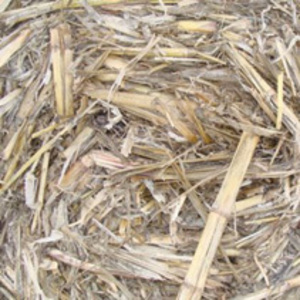Comet Biorefining to build biomass sugar plant in Ontario




February 17, 2016
BY Comet Biorefining Inc.
Advertisement
Advertisement
Related Stories
Meridian Energy Group Inc., the developer of a proposed greenfield oil refinery in Belfield, North Dakota, on April 16 announced that the facility will have the ability to co-process up to 4,000 barrels per day vegetable oil.
The U.S. Department of Energy is advancing ambitious decarbonization targets for the maritime transportation sector, both domestically and internationally at Singapore Maritime Week by teaming with over 15 government and industry partners.
The International Biomass Conference & Expo was held in Richmond, Virginia, in early March.
Neste and Lotte Chemical are teaming up to make chemicals and plastics more sustainable. The collaboration will see Neste providing renewable Neste RE, a raw material for chemicals and plastics made from 100% renewable raw materials.
A biorefinery in Sweden developed as a joint venture between Nordic energy group St1 and Swedish forest products company SCA on April 10 commenced commercial operations to produce SAF, renewable diesel, and biobased naphtha and LPG.





